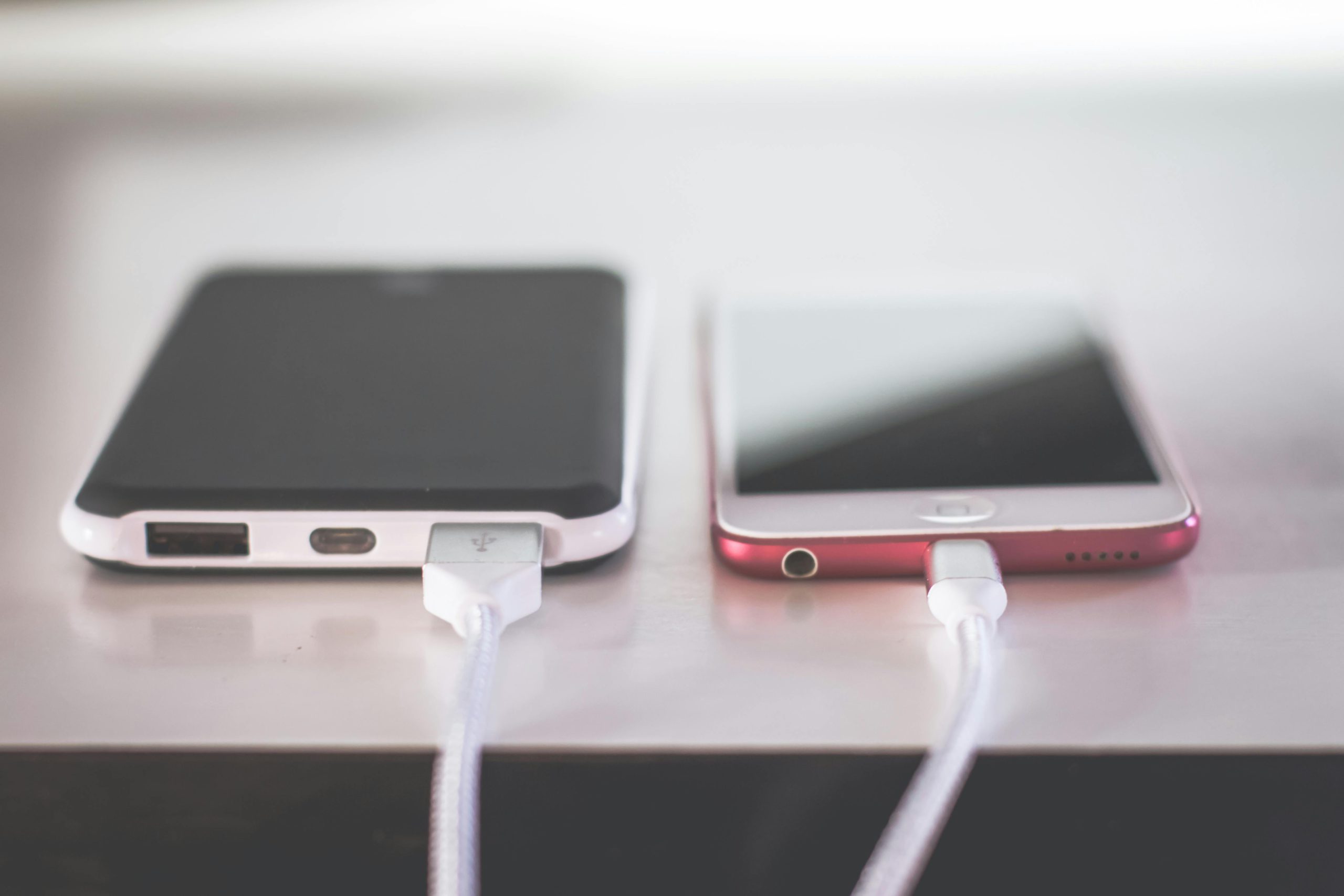The European Union’s common charger law, which mandates USB Type-C as the universal charging standard for most electronic devices is set to take full effect as of 28th December.
The legislation, approved under the Radio Equipment Directive, aims to streamline charging practices across the EU, reducing electronic waste and consumer frustration from incompatible chargers.
How the law came into effect
The road to a common charger solution has been a long one. EU lawmakers have pressured the electronics industry to simplify the charging landscape. After years of voluntary agreements that fell short of expectations, the European Commission took decisive action.
In 2021, they proposed the new regulations, addressing both market fragmentation and environmental concerns. By standardising chargers, the EU hopes to significantly reduce the 11,000 tonnes of e-waste generated annually from discarded and unused chargers.
Malta’s influence on the legislation
Alex Agius Saliba, a member of the European Parliament, has been vocal about the need for a universal charging solution.
His advocacy made him one of the key negotiators in shaping this law. He emphasised the dual benefits of reducing unnecessary costs for consumers and tackling e-waste, aligning the regulation with both consumer rights and environmental goals.
In Malta, where small electronics are a staple in the daily lives of consumers and businesses, the transition to a common charger will not only ease financial burdens but also contribute to the country’s sustainability targets. Speaking to the press, Dr Agius Saliba called Apple’s conversion to USB-C “a great victory for consumers and the environment.” He argued that harmonising the charging system empowers consumers and strengthens Malta’s stance on sustainability.
Impact on consumers and the industry
For consumers, the most immediate benefit is the convenience of having one charger that works across multiple devices.
Instead of accumulating various chargers for different gadgets, a single USB-C cable will suffice for most electronics, drastically cutting down on costs and clutter. The law will also require companies to allow consumers to buy devices without a charger, further reducing unnecessary purchases.
For companies like Apple, which have long used proprietary lightning connectors for their iPhones, the law has forced a rethink in product design. Apple’s decision to shift to USB-C in its iPhone 15 models is widely seen as a direct result of the new EU regulations, marking the end of its lightning port era. While the tech giant initially resisted the change, citing concerns about innovation and consumer inconvenience, it has since complied, signalling the broader influence of EU consumer protection laws on global businesses.
Insurance Association Malta calls for mandatory workplace pensions in 2025 Budget
The Association said that a mandatory workplace pension will help to smoothen the transition as people retire
GRDA’s Budget proposals: Upgrade Gozo’s tourism product, upskill workforce, preserve housing estates
The Gozo Regional Development Authority said the suggestions would improve the island's long-term development
Ground handling staff strike at Milan Linate forces KM Malta Airlines to cancel scheduled flights
Customers can ask for a refund or a change of date, free of charge






